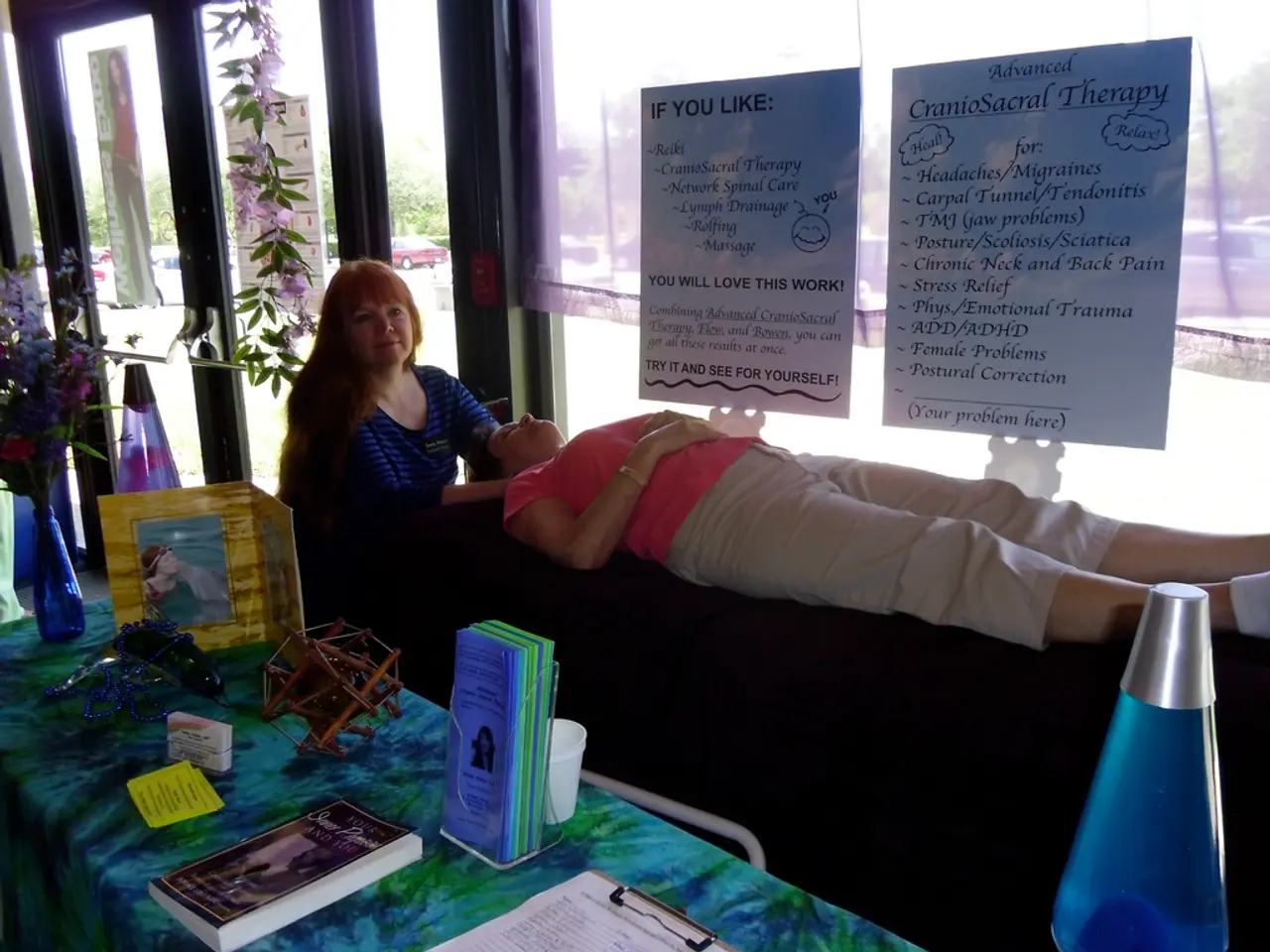Debating the legitimacy of Borderline Schizophrenia as a distinct mental health disorder?
Borderline personality disorder (BPD) and schizophrenia, while distinct conditions, share some striking similarities. These similarities can lead to a blurred line between the two, making diagnosis challenging at times.
BPD and Schizophrenia: A Closer Look
BPD is a condition that involves difficulty in regulating emotions, leading to intense and prolonged emotional experiences. Symptoms of BPD include difficulty with impulsivity, poor self-image, issues in relationships, self-harm behaviors, intense moods, feelings of emptiness, issues controlling anger, feelings of dissociation, and recurring thoughts of suicide.
Schizophrenia, on the other hand, affects less than 1% of the U.S. population. It is primarily a psychotic disorder with more chronic symptoms and neurocognitive disruptions. Symptoms of schizophrenia can include hallucinations, delusions, disorganized speech, lack of motivation, difficulty thinking, and other symptoms.
Shared Ground
Despite their differences, BPD and schizophrenia share psychotic-like experiences and emotional or perceptual dysregulation. About 20–50% of individuals with BPD report psychotic symptoms such as transient paranoia, hallucinations, and delusions, which can resemble schizophrenia's symptoms more closely than previously believed. Dissociative experiences like depersonalization, derealization, identity confusion, and amnesia are common in BPD, and while dissociation is not a core feature of schizophrenia, some patients with schizophrenia may also experience dissociative symptoms, especially under stress.
Co-occurrence and Comorbidity
The exact rate of simultaneous diagnosis of BPD and schizophrenia is not clearly provided, but psychotic symptoms in BPD overlap with schizophrenia-spectrum symptoms, suggesting some comorbidity or diagnostic challenge. Comorbidity refers to having two or more distinct disorders simultaneously, and while specific prevalence rates require further data, the phenomenological overlap of symptoms such as hallucinations and paranoia complicates differential diagnosis and indicates that individuals with BPD might sometimes meet criteria or be misdiagnosed with schizophrenia, or vice versa.
Treatment Approaches
Treatment for both conditions focuses on symptom management and improving day-to-day functioning. For schizophrenia, treatment typically includes antipsychotic medications, psychotherapy such as CBT, behavioral skills training, supported employment, cognitive remediation interventions, educational programs for friends and loved ones, and coordinated specialty care.
BPD, however, does not have a specific medication to treat it. Medication may help manage some of the symptoms people may experience. Dialectical behavioral therapy (DBT), a type of therapy specifically developed to help manage BPD, teaches individuals skills to help manage emotions, reduce self-destructive behaviors, and improve relationships. Cognitive behavioral therapy (CBT) can also help individuals with BPD to change their core beliefs and behaviors that are based on inaccurate perceptions and issues interacting with others, reducing symptoms of anxiety and mood swings.
Seeking Help
If someone is in crisis and considering suicide or self-harm, they can seek support from the 988 Lifeline, Crisis Text Line, Befrienders Worldwide, or local emergency services. Both BPD and schizophrenia require treatment to help individuals manage their symptoms.
In summary, while BPD and schizophrenia are distinct conditions, they share psychotic-like experiences and emotional or perceptual dysregulation. The exact rate of simultaneous diagnosis is not clearly stated, but the overlap of symptoms complicates differential diagnosis. Treatment for both conditions focuses on symptom management and improving day-to-day functioning.
Read also:
- Budget cuts at federal and state levels jeopardize advancements in fighting HIV and AIDS within Dallas County
- Understanding Prediabetes: A Precursory Condition to Diabetes
- Strategies for managing osteoporosis sans medication: Key points to remember
- Proposed modifications by the Ministry of Internal Affairs could impact car owners nationwide.







